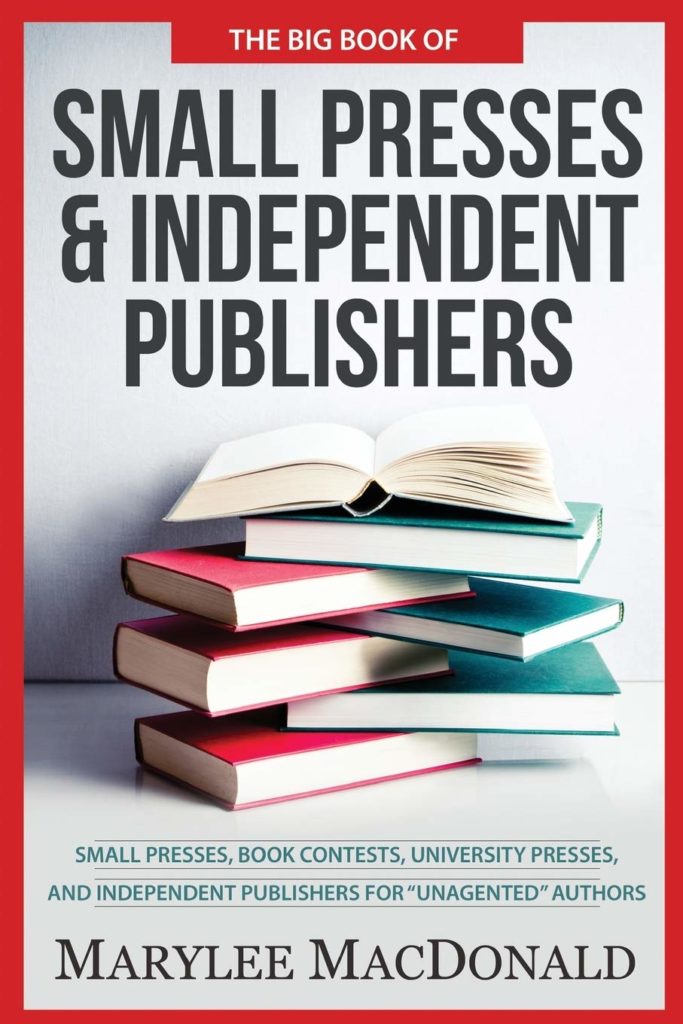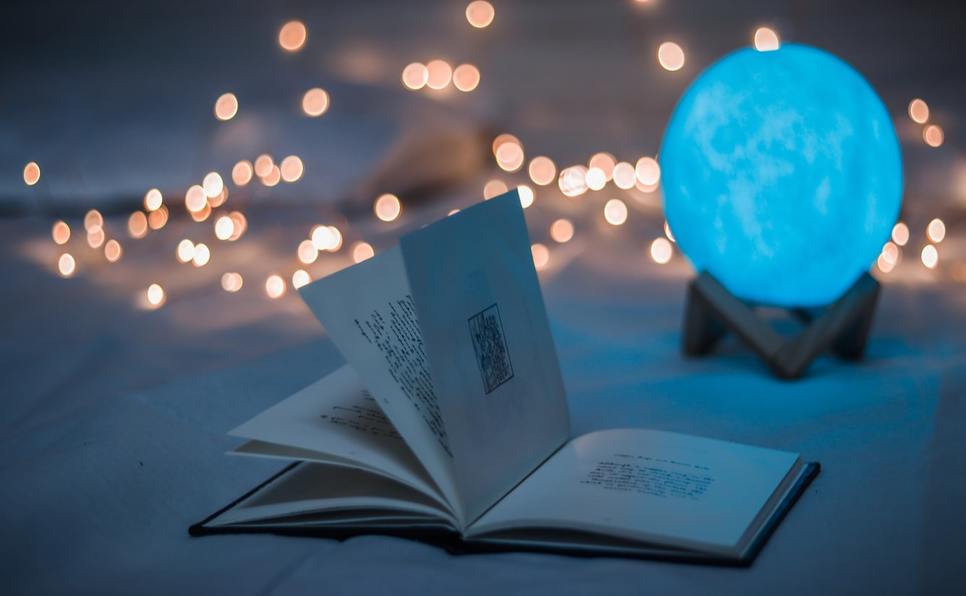Publishers can broadly be divided into two categories: traditional publishers (i.e. the Big Five publishing houses in New York) and indie publishers. Indie publishing is the term used to describe the process of publishing a book without the help of a traditional publisher. It is sometimes used interchangeably with self-publishing or independent publishing – that is, publishing on your own, without the help of a third-party publisher or press.
What is an indie publisher?
For the purposes of this article, an indie publisher does not equate to self-publishing. An independent publisher is still a publisher – perhaps a small press, or a boutique publishing house, or independent imprint. Indie publisher is a term than can encompass any publishing house that is not associated with the imprints under the Big Five conglomerates. A small press is defined in the U.S. as a publisher with annual sales of less than $50 million, or a publisher putting out fewer than ten books every year.
Indie publishers v. traditional publishers
Many authors dream only of that prestigious Big Five deal, while others prefer the literary clout that comes from publishing with a small and oftentimes well-respected press. University presses all count as independent publishers. There is often literary prestige associated with an indie, while many genre publishers are indies, too. There are advantages and disadvantages to both routes. Really, it depends what you want for you and your book. For some, indie publishers can offer a route into traditional publishing, while other more established authors revert the other way! There is no correct path to publication; everyone’s journey is different.
Indie publishers are risk-takers
Indies are more likely to take a risk on different material. They are not as beholden to sales figures or following the demands of the market as the Big Five. Put simply, independent publishers tend to follow art and creativity over money and commercialism. Of course, they still have a bottom line to meet, but it’s rarely at the cost of the art.
Expedited timelines
The timelines tend to be a lot faster. You do not necessarily need a literary agent to go with an indie. Most reputable indie publishers will have websites where you can submit your manuscript directly to their slush pile, which means you don’t have to spend months and months in the query trenches. In some cases, independent publishers will let you publish your book very soon after completing it, unlike traditional publishing, which can take up to two years AFTER you get a book deal to see your book on the shelves, prolonging the whole process. This faster pace is exciting, but it could also mean the quality suffers, as you may not get as rigorous edits, checks, or marketing.
You can get creative
Working with an indie publisher, you are much more likely to get a say in the editorial and design process. You can have input into the story direction, cover art, and audience. When you sign with a Big Five publisher, you don’t have as much creative license.
You don’t need a huge following to get published
Depending on the size of your platform and book, you could work with an independent publisher to publish first, then grow your audience. For example, memoirs or short story collections can be difficult to publish as a debut with a Big Five if you don’t have an existing platform or network. But with an indie, you can sell your memoir without being famous. Conversely, indie publishers don’t tend to have big PR and marketing teams, so you will have to work that much harder to promote your book.
You will see your earnings sooner
While independent publishers don’t usually pay huge advances (if any), they might offer more generous royalties than the Big Five, which usually come in at around the 15% mark. Royalties at an independent publisher can reach as high as 50%! With a smaller advance, you aren’t waiting to “earn out” before you see your first paycheck.
Readers don’t pay attention to publishers
Think about it: when was the last time you read a book and noted the publisher (unless, of course, you’re an aspiring author)? It really doesn’t matter too much. The Harry Potter series was published by Scholastic – technically not one of the Big Five. And Big Five books don’t necessarily equate to success, even with money and large teams behind them. Indie publishers have good relationships with booksellers, and booksellers look to independent publishers to help them introduce readers to hidden gems. An indie publisher can bring you as much success as a traditional publisher, if not more. You will just have to be sure of what your version of success looks like.
Recommended reading
Here at Aspiring Author, we love recommending bestsellers and fawning over hot new releases. On this real time recommended reading list, you will find a list of top rated books on the publishing industry, craft, and other books to help you elevate your writing career.










